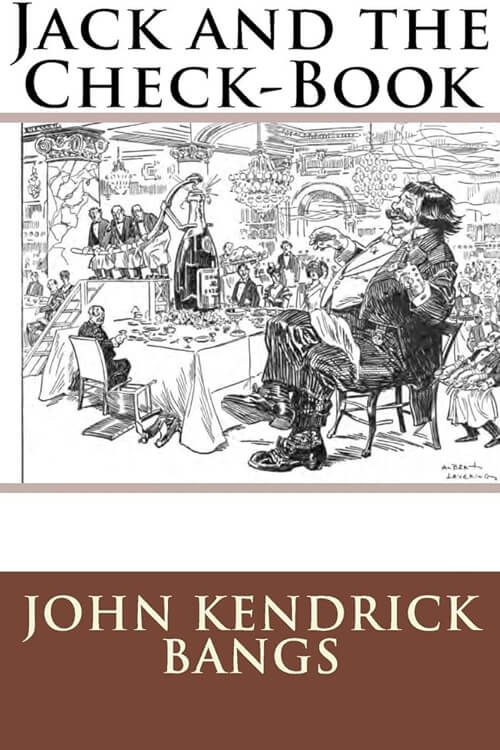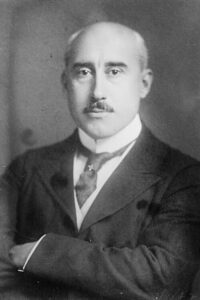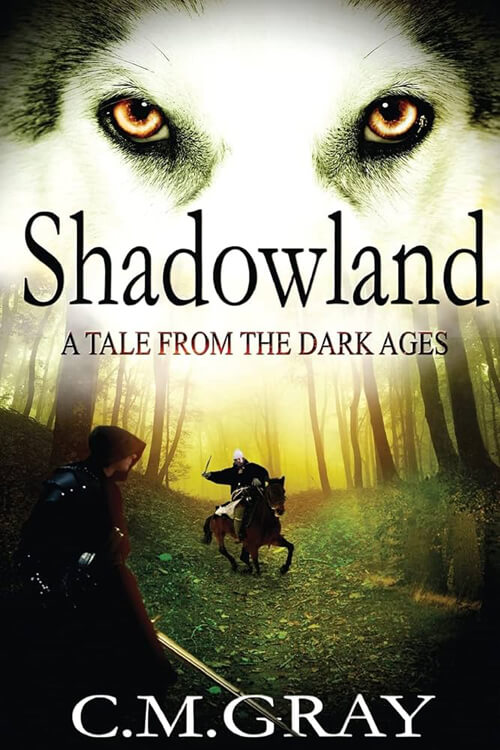
Jack and the Check Book
The unhappy woman was at her wit’s ends to know what to do. She had tried to sell her shares in “Amalgamated War-whoop,” only to find that that once promising company had passed into the hands of a receiver, and that there was an assessment, amounting to four times their face value, due on the shares, so that every possible purchaser to whom she applied refused to take the stock off her hands unless she paid them five dollars a share for the service and would guarantee them against the chance of further loss. All other means of raising the necessary funds—and she had tried them all—proved equally futile. The savings banks would not lend her a penny on a house of which the parlor floor alone was clear of obligation, and the threat of the piano people to remove that instrument if the March installment, now a month over-due, was not immediately forthcoming rendered that both unsalable and valueless as security for a loan.
She sat, the perfect picture of hopeless despair, in her rocking chair, gazing moodily out of the window, thinking dreadful thoughts, and, it may be, contemplating the alternative of suicide or marriage with the village magnate, a miserable villain whom everybody detested, and who, everybody knew very well, had been instrumental in the ruin of her deceased husband, a once prosperous haberdasher. But of a sudden, her look of despair faded wholly away and a great light of happiness illumined her eyes, as up the garden path, whistling merrily as he strode along, came her son Jack, a lad of fifteen, the comfort and solace of her lonely days.
“Dear boy!” she murmured to herself as he waved his hand at her, “he is the only thing I have left that there isn’t something due on.”
The boy, entering the room, still whistling, flung his cap up on the table and kissed his mother affectionately.
“Well, mother,” he said, joyously, “our troubles are over at last.”
Her face beamed an eager inquiry. The sudden, overwhelming happiness of the news itself deprived her of the power of speech for a moment, and then with difficulty, she gasped out the words:
“Then you have secured a place with steady wages, my son?”
Read or download Book
John Kendrick Bangs
John Kendrick Bangs (May 27, 1862 – January 21, 1922) was an American writer, humorist, editor and satirist.
Biography
He was born in Yonkers, New York. His father Francis N. Bangs was a lawyer in New York City, as was his brother, Francis S. Bangs.
He went to Columbia College from 1880 to 1883 where he became editor of Columbia’s literary magazine, Acta Columbia, and contributed short anonymous pieces to humor magazines. After graduating in 1883 with a Bachelor of Philosophy degree in Political Science, Bangs entered Columbia Law School but left in 1884 to become Associate Editor of Life under Edward S. Martin. Bangs contributed many articles and poems to the magazine between 1884 and 1888. During this period, Bangs published his first books.
In 1888 Bangs left Life to work at Harper’s Magazine, Harper’s Bazaar, and Harper’s Young People, though he continued to contribute to Life. From 1889 to 1900 he held the title of Editor of the Departments of Humor for all three Harper’s magazines and from 1899 to 1901 served as active editor of Harper’s Weekly. Bangs also served for a short time (January–June 1889) as the first editor of Munsey’s Magazine and became editor of the American edition of the Harper-owned Literature from January to November 1899.
In 1894, Bangs ran for the office of mayor of Yonkers, New York, but was defeated. He also was a member of the Board of Education in Yonkers.
He left Harper & Brothers in 1901 and became editor of the New Metropolitan magazine in 1903. In 1904 he was appointed editor of Puck, perhaps the foremost American humor magazine of its day. In this period, he revived his earlier interest in drama. In 1906 he switched his focus to the lecture circuit.
During the period between 1901 and 1906, Bangs was known to have spent at least parts of his summers at the Profile House in Franconia, New Hampshire. He owned one of the 20 connected cottages adjacent to the large hotel, which he sold to Cornelius Newton Bliss in August 1906. As a satirical writer, he was also known in the “Profile Cottage” circles as a jokester and prankster and was frequently the jovial topic of hotel guests and cottage owners alike.
In 1918, he lectured for the YMCA and allied troops on the battlefront in France during World War I.
In 1886, he married Agnes L. Hyde, with whom he had three sons. Agnes died in 1903. Bangs then married Mary Blakeney Gray of New York in 1904. In 1907 they moved from Yonkers to Ogunquit, Maine. John Kendrick Bangs died from stomach cancer in 1922 at age fifty-nine, in Atlantic City, New Jersey.






